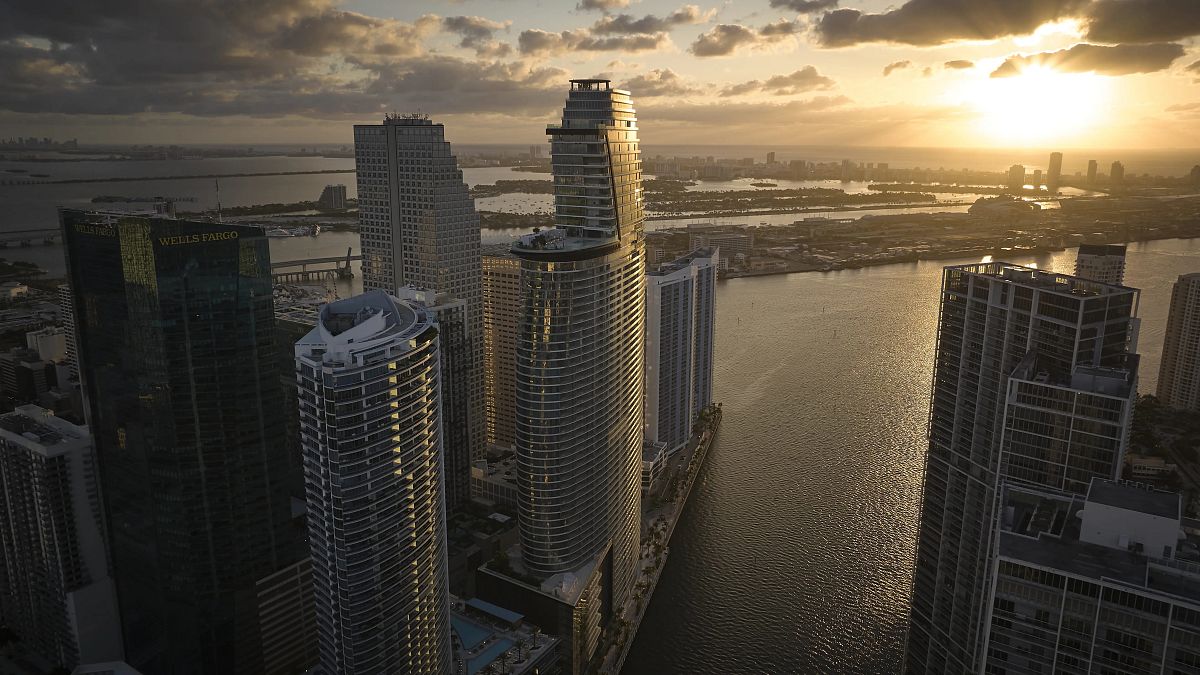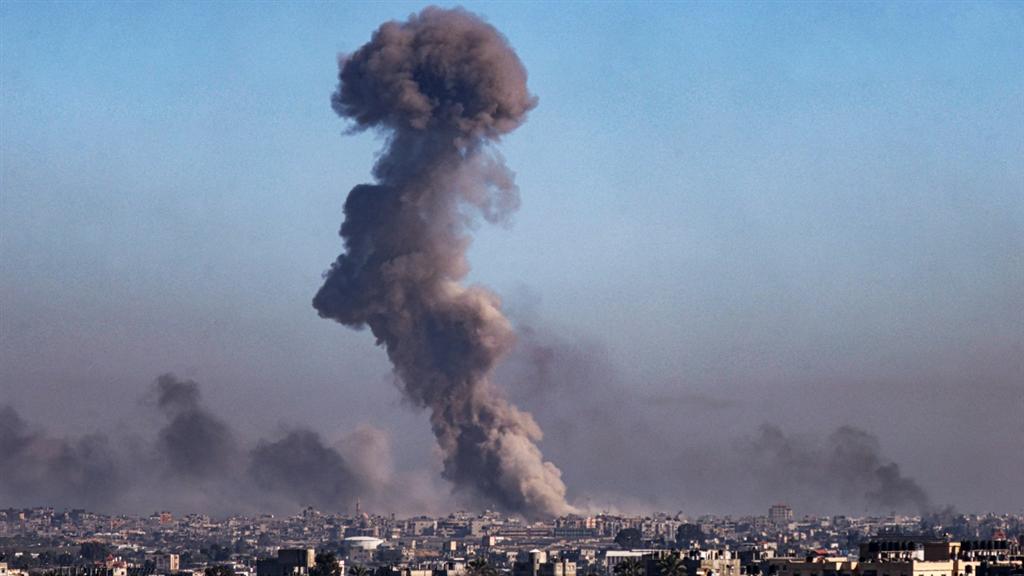Written by Nara Romero Ramez
Chief correspondent in Ethiopia
This was expressed by the European Union Commissioner for International Partnerships, Jutta Urpilainen, and she went further to confirm that she encourages European companies to invest in the African country and the continent, as well as supporting the private sector.
On a visit to Addis Ababa in early October, Urpilainen said the commission would further assist in reforms implemented here and increase the ease of doing business, ultimately attracting more investments.
“It is important to continue reforming the business environment, which is something we want to support,” he stressed.
During her two-day stay in this city, the European Commissioner was able to exchange views with senior officials in the government and the African Union, and at the end of her agenda, she described it as fruitful and announced support worth 650 million euros in financial support. The first concrete step towards normalization of relations.
He reiterated that Ethiopia is a strategic partner of the European Union and that is why “we want to normalize our relationship with the government,” and explained that this aid will be implemented from 2024 to 2027 and will focus on three priority areas: The Green Deal. Human development, governance and peacebuilding.
Regarding the Green Deal, he commented that it will support policies and structural reforms to activate innovative financing and private sector investments with the aim of promoting the green transition in Ethiopia.
He continued that in the field of human development, the aid already provided will be utilized and expanded to meet basic needs and services in response to the 2021-2022 conflict situation, for reconstruction and to provide basic basic services to the population.
Finally, Urpilainen proposed that governance and peacebuilding cover three sectors, the first related to economic governance that focuses on the transition to a private sector-led, investment-friendly economy.
Secondly, democratic governance that promotes democracy, the rule of law and human rights, and finally peacebuilding linked to comprehensive measures that promote social cohesion, trust and a culture of mutual respect and dialogue.
The aforementioned support was provided during a meeting with Ethiopian Finance Minister Ahmed Shide, on ways to enhance bilateral cooperation with the European political community.
Shade briefed the European Union Commissioner on the current social, economic and political situation in the African country, and the concrete steps towards peacebuilding and reconstruction and recovery efforts.
According to the country file, the two sides also exchanged views on ways of cooperation to further strengthen bilateral relations, including resuming the budget support method.
Other lines of cooperation were discussed with the Head of Planning and Development, Fitsum Assefa, a meeting in which Urpilainen expressed that the political community will work in cooperation with the Addis Ababa government on actions related to climate change, agriculture, biodiversity conservation and development of the region. Green legacy.
Environmental protection, renewable energy development, human resources, health, good governance, peacebuilding and democracy development are part of this cooperation. For his part, Assefa said that the European Union is a strategic partner of the African country, and thanked the Commission for its cooperation and support, while presenting a report on the three-year medium-term investment plan and local economic reform.
Urpilainen also confirmed, through his account on the social media network X, formerly Twitter, his meeting with Prime Minister Abiy Ahmed, and encouraged him to continue the reconstruction process in the country.
“We encourage progress in Ethiopia and know that reconstruction will take time and that achieving greater stability will require greater accountability. #TeamEurope stands ready to support you in this effort,” the post stated.
He wrote in another post that they are ready to normalize cooperation with the African country step by step on the condition that it maintains its commitment to transitional justice and reforms.
Peace as a condition
The European Union’s Special Envoy to the Horn of Africa, Annette Weber, followed up on the series of messages of the Union Commissioner for International Partnerships, Jutta Urpilainen, by meeting with the Deputy Prime Minister and Minister of Foreign Affairs of Ethiopia, Demeke Mekonnen.
Weber said that the two sides are laying the foundation for the normalization of relations, and that the current events in the African country will have the support of this political community. He praised the fruitful dealings with the national government in recent years, which he considered helped renew those relations.
For his part, Mekonnen stated that Addis Ababa pays special attention to its relations with the European Union, and reaffirmed the government’s commitment to renewing its cooperation and addressing outstanding issues through dialogue.
He pointed out that the implementation of national mechanisms such as the national dialogue and transitional justice are new starting points that promise to address the basic problems in the country. Both processes are derived from the Pretoria Peace Agreement signed last November in South Africa, which ended the conflict between the government and the Tigray People’s Liberation Front, mediated by the African Union.
These visits by senior European officials and the positive results are consistent with the European Union Council’s decision last April to renew its association with the African country.
A statement by the then local Ministry of Foreign Affairs indicated that during the meeting held on April 24, the progress made in implementing the peace agreement was recognized.
He revealed the readiness of that regional bloc “to relaunch its regular multi-year guidance program, and its strong encouragement of international financial institutions to assist Ethiopia with its reform and economic stability agenda.”
This indicates the European Union’s call for creditor countries to quickly complete the debt restructuring process through the common framework, and the text concluded that “Ethiopia has striven to revitalize its partnership with the European Union and the Council’s conclusions will help strengthen this partnership.”
ARB/NMR

“Unapologetic tv specialist. Hardcore zombie trailblazer. Infuriatingly humble problem solver.”


:quality(85)/cloudfront-us-east-1.images.arcpublishing.com/infobae/G325VLQ5FNGB7L7QDGCKN5ID3U.jpeg)




More Stories
Venezuela condemned the Israeli bombing of the city of Rafah
The Lebanese resistance bombs an Israeli base in the occupied Golan (+ photo)
José Raul Molino leads the vote for the President of Panama